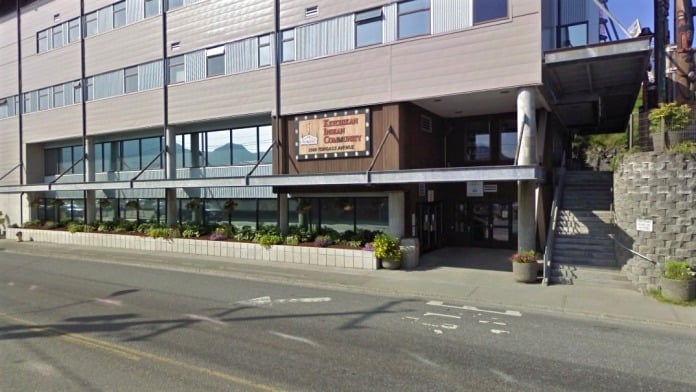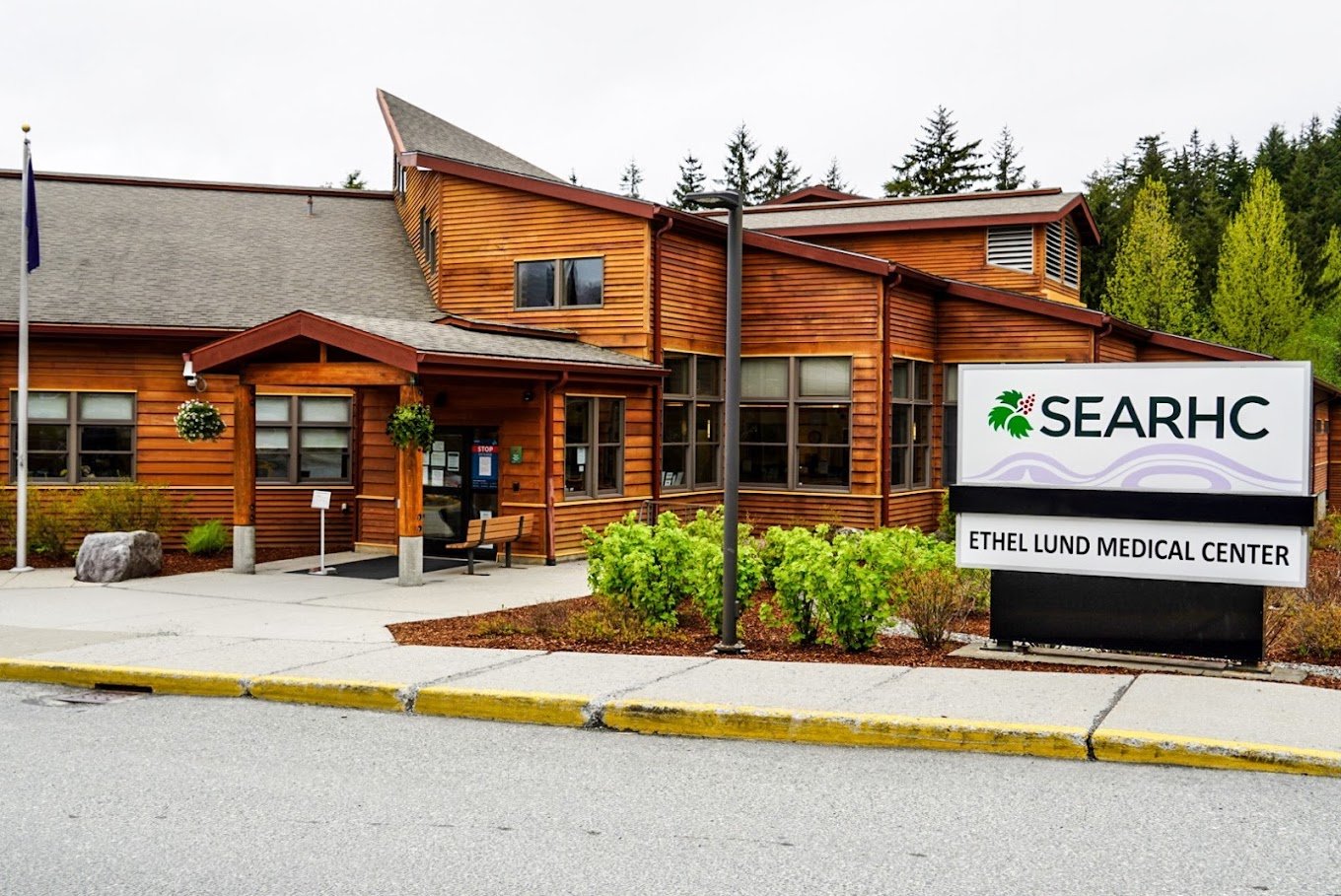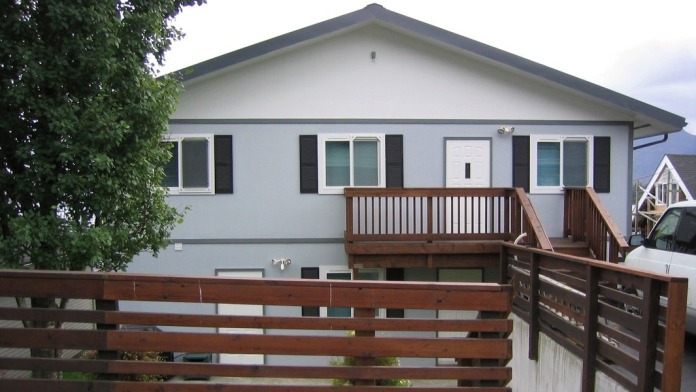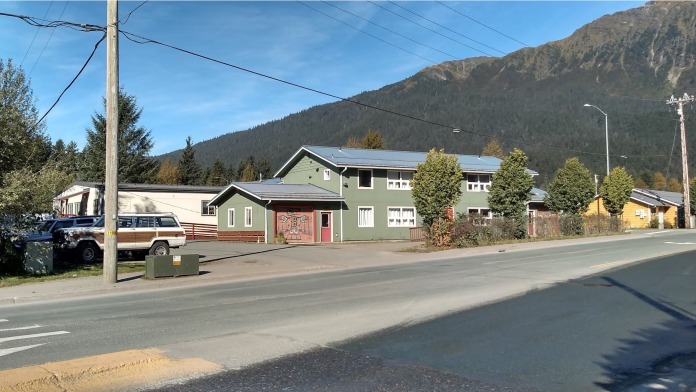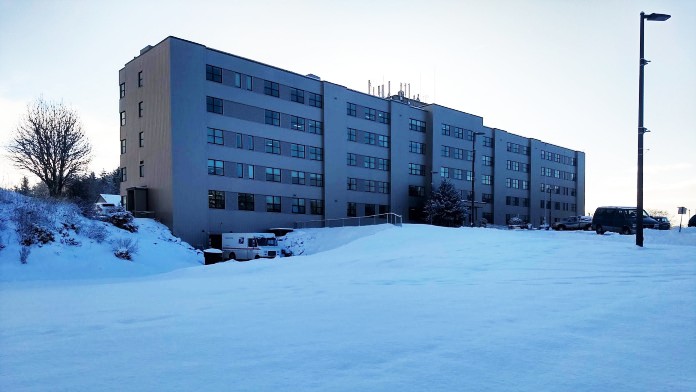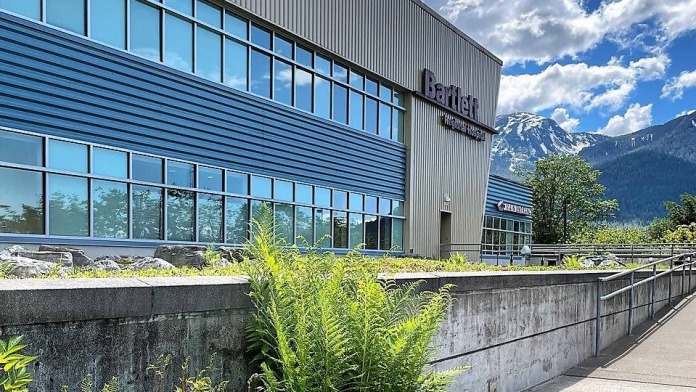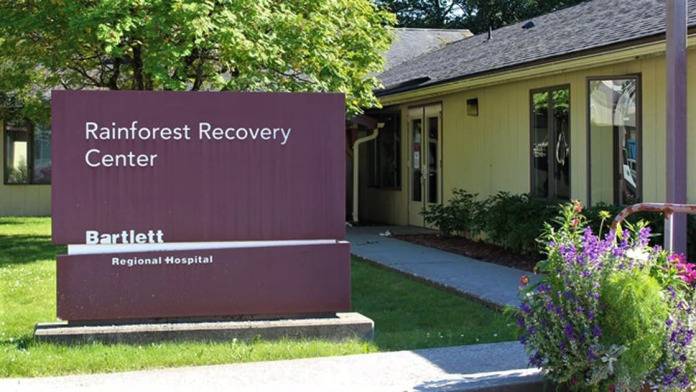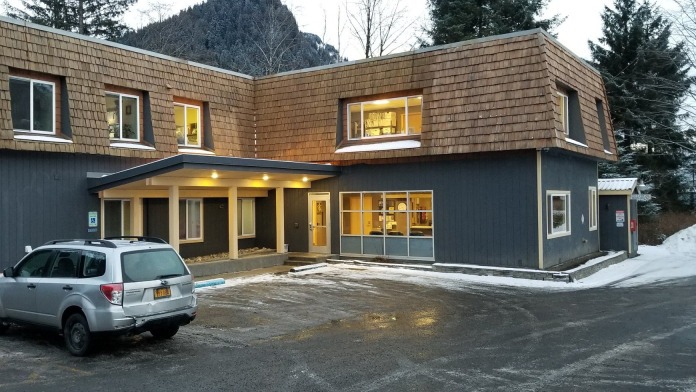About SEARHC – Alaska Crossings – Closed
Located in Wrangell, Alaska, is the organization SEARHC Alaska Crossings. This was a program designed for teenagers 12 to 18 who were struggling with their behavioral health or were exhibiting at risk behaviors such as drug and alcohol abuse.
This facility is now permanently closed. When they were open, they were a safe haven for families to turn to in their efforts to help their teens build resilience and life skills that would help them overcome life’s challenges in a productive way.
They accepted a variety of payment plans when they were operating, including coverage through most major insurance providers. They also accepted Medicaid, Medicare, tribal insurance, and other health plans. Sliding-scale discounts were available as well.
Wilderness Therapy
While their headquarters were in downtown Wrangell, children engaging in the treatment program here had the opportunity to venture out into Alaska’s unique wilderness as they worked through the challenges they were facing.
For many children, wilderness therapy can be a natural, hands on way to develop essential coping skills to tackle issues like anger, behavioral health challenges, and risky behaviors like experimentation with drugs and alcohol.
Children and teens were under the support and supervision of experienced wilderness staff and behavioral health therapists who were there to work and walk alongside them in their recovery goals.
Many children who completed the program felt a sense of accomplishment, as well as a greater perception and understanding of the world around them and how they fit into it. This perception is what allowed many children to go on and make meaningful changes in their lives.
Structured Programming
The program was broken up into three facets: structured and foundational routine, personal development, and then a homecoming that laid a path to continued success as they transitioned back into their home life.
While immersed in the program, teens got to engage in a variety of outdoor and wilderness activities, including hiking along the Dewey Trail, visiting the historic Petroglyph Beach State Historic Site, and learning how to connect with nature in a way that allowed them to explore their own interests, strengths, and weaknesses.
Rehab Score
Other Forms of Payment
Self-pay involves paying for treatment out of your own pocket. You can use savings or credit, get a personal loan, or receive help from family and friends to fund your treatment. If you don't have insurance or your insurance plan doesn't cover a specific program, self-pay can help ensure you still get the care you need.
Medicaid is a state based program that helps lower-income individuals and families pay for healthcare. Medicaid covers addiction treatment so those enrolled can use their coverage to pay for rehab. When a program accepts Medicaid the client often pays very little or nothing out of their own pocket.
Private insurance refers to any kind of healthcare coverage that isn't from the state or federal government. This includes individual and family plans offered by an employer or purchased from the Insurance Marketplace. Every plan will have different requirements and out of pocket costs so be sure to get the full details before you start treatment.
Medicare is a federal program that provides health insurance for those 65 and older. It also serves people under 65 with chronic and disabling health challenges. To use Medicare for addiction treatment you need to find a program that accepts Medicare and is in network with your plan. Out of pocket costs and preauthorization requirements vary, so always check with your provider.
Military members, veterans, and eligible dependents have access to specific insurance programs that help them get the care they need. TRICARE and VA insurance can help you access low cost or no cost addiction and mental health treatment. Programs that accept military insurance often have targeted treatment focused on the unique challenges military members, veterans, and their families face.
Addiction Treatments
Levels of Care
Residential treatment programs are those that offer housing and meals in addition to substance abuse treatment. Rehab facilities that offer residential treatment allow patients to focus solely on recovery, in an environment totally separate from their lives. Some rehab centers specialize in short-term residential treatment (a few days to a week or two), while others solely provide treatment on a long-term basis (several weeks to months). Some offer both, and tailor treatment to the patient's individual requirements.
Treatments
The goal of treatment for alcoholism is abstinence. Those with poor social support, poor motivation, or psychiatric disorders tend to relapse within a few years of treatment. For these people, success is measured by longer periods of abstinence, reduced use of alcohol, better health, and improved social functioning. Recovery and Maintenance are usually based on 12 step programs and AA meetings.
During drug rehab in Alaska, you'll receive a combination of medical and psychotherapeutic treatments that are designed to treat drug dependency. The goal of drug rehab is to break this dependency and help you develop the skills to maintain a drug-free life.
A combined mental health and substance abuse rehab has the staff and resources available to handle individuals with both mental health and substance abuse issues. It can be challenging to determine where a specific symptom stems from (a mental health issue or an issue related to substance abuse), so mental health and substance abuse professionals are helpful in detangling symptoms and keeping treatment on track.
Programs
Young adulthood can be an exciting, yet difficult, time of transition. Individuals in their late teens to mid-20s face unique stressors related to school, jobs, families, and social circles, which can lead to a rise in substance use. Rehab centers with dedicated young adult programs will include activities and amenities that cater to this age group, with an emphasis on specialized counseling, peer socialization, and ongoing aftercare.
Clinical Services
Experiential therapy is a form of therapy in which clients are encouraged to surface and work through subconscious issues by engaging in real-time experiences. Experiential therapy departs from traditional talk therapy by involving the body, and having clients engage in activities, movements, and physical and emotional expression. This can involve role-play or using props (which can include other people). Experiential therapy can help people process trauma, memories, and emotion quickly, deeply, and in a lasting fashion, leading to substantial and impactful healing.
Research clearly demonstrates that recovery is far more successful and sustainable when loved ones like family members participate in rehab and substance abuse treatment. Genetic factors may be at play when it comes to drug and alcohol addiction, as well as mental health issues. Family dynamics often play a critical role in addiction triggers, and if properly educated, family members can be a strong source of support when it comes to rehabilitation. They believe that it is crucial for family members to fully participate in the program while their youth is at Alaska Crossings.
Group therapy is any therapeutic work that happens in a group (not one-on-one). There are a number of different group therapy modalities, including support groups, experiential therapy, psycho-education, and more. Group therapy involves treatment as well as processing interaction between group members.
Life skills trainings involve all the skills a person must have in order to function successfully in the world. These include time management, career guidance, money management, and effective communication. Truly successful addiction recovery is based on the ability to not only live substance-free, but to thrive. Life skills teaches the practical necessities of functioning in society, which sets clients up for success in life, and therefore sobriety.
Recreational therapy (aka therapeutic recreation) uses creative and fun activities to help with addiction recovery. Recreational therapists lead patients in entertaining and engaging activities like sports or games; art (drawing, painting, sculpture); drama, music, and dance; and/or community outings (field trips) to improve patients' physical, social, and emotional well-being.
Amenities
-
Hiking
Staff
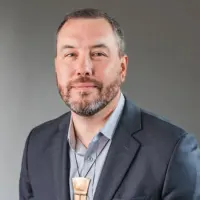
Charles Clement
Chief Executive Officer
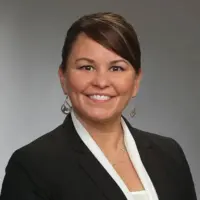
Leatha Merculieff
Chief Operating Officer
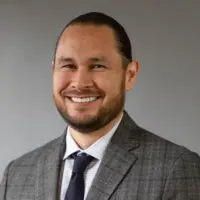
Michael Douglas
Chief Legal Officer
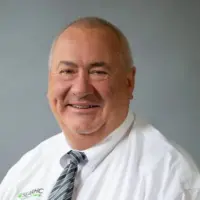
Dan Harris
Chief Financial Officer
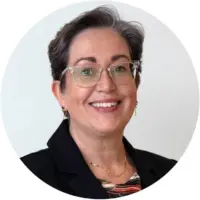
Cate Buley
Chief Medical Officer
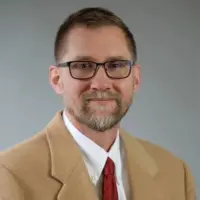
Eric Gettis
Chief of Behavioral Health
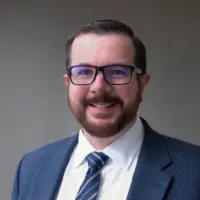
Martin Benning
Chief of Clinic & Hospital Operations
